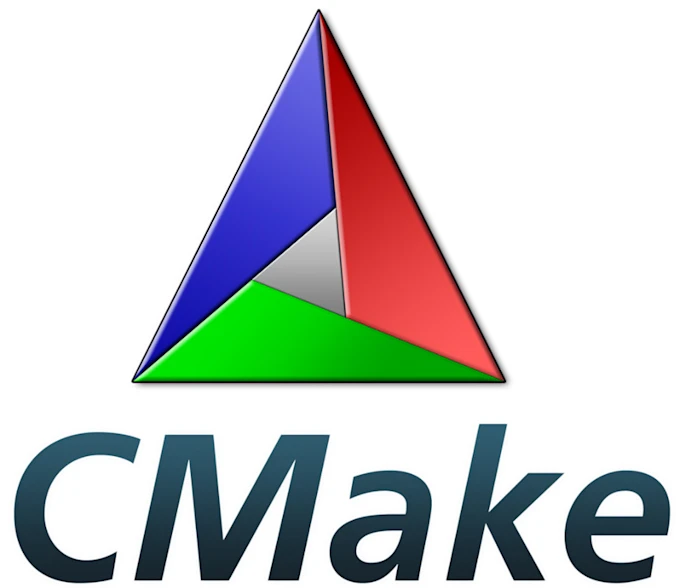You can either download binaries or source code archives for the latest stable or previous release or access the current development.

| Date | 2025-08-17 05:27:53 |
| Filesize | 76.00 MB |
| Visits | 125 |
Kitware Cmake is emerging as a crucial open-source tool for managing the build process of software projects. By providing a unified development environment across different operating systems, it allows developers to build and maintain projects seamlessly, unconstrained by platform-specific complexities. Its versatility extends to configurable build processes, dependency management, and various features that improve project organization and simplify development. Configurable Build Process: Developers can easily configure the build process. Using CMakeLists.txt files, developers can define the project structure, dependencies, compiler options, and other build settings, allowing for fine-tuning based on project requirements.
Dependency Management: Simplifies the management of project dependencies. By supporting the integration of external libraries, it makes it easier for developers to include and link third-party components into their projects.
Generator System: Uses a generator system that allows developers to create project files for different build environments. Xcode can generate project files and seamlessly integrates with Apple's development tools.
Efficient Parallel Builds: By supporting parallel builds, developers can utilize multi-core systems. This significantly reduces build times, improving the overall development workflow.
Customizable Build Targets: Developers can define and customize build targets by specifying how source files should be compiled and linked. This flexibility allows for easy creation of executables, libraries, and other project components. Integrated Test Framework: It includes a built-in testing framework that allows developers to define and run tests for their projects. This ensures the reliability and functionality of the codebase throughout development.
Extensible via Modules: Its modular design allows for the inclusion of additional functionality via modules. Developers can expand capabilities by integrating community-contributed modules or creating their own.
Multi-Language Support: While typically associated with C and C++, it supports many programming languages. This makes it suitable for projects developed in languages such as Fortran, Java, and Python.
Active Community and Documentation: It benefits from a vibrant community and comprehensive documentation. Developers can find support, tutorials, and examples to facilitate learning and troubleshooting.